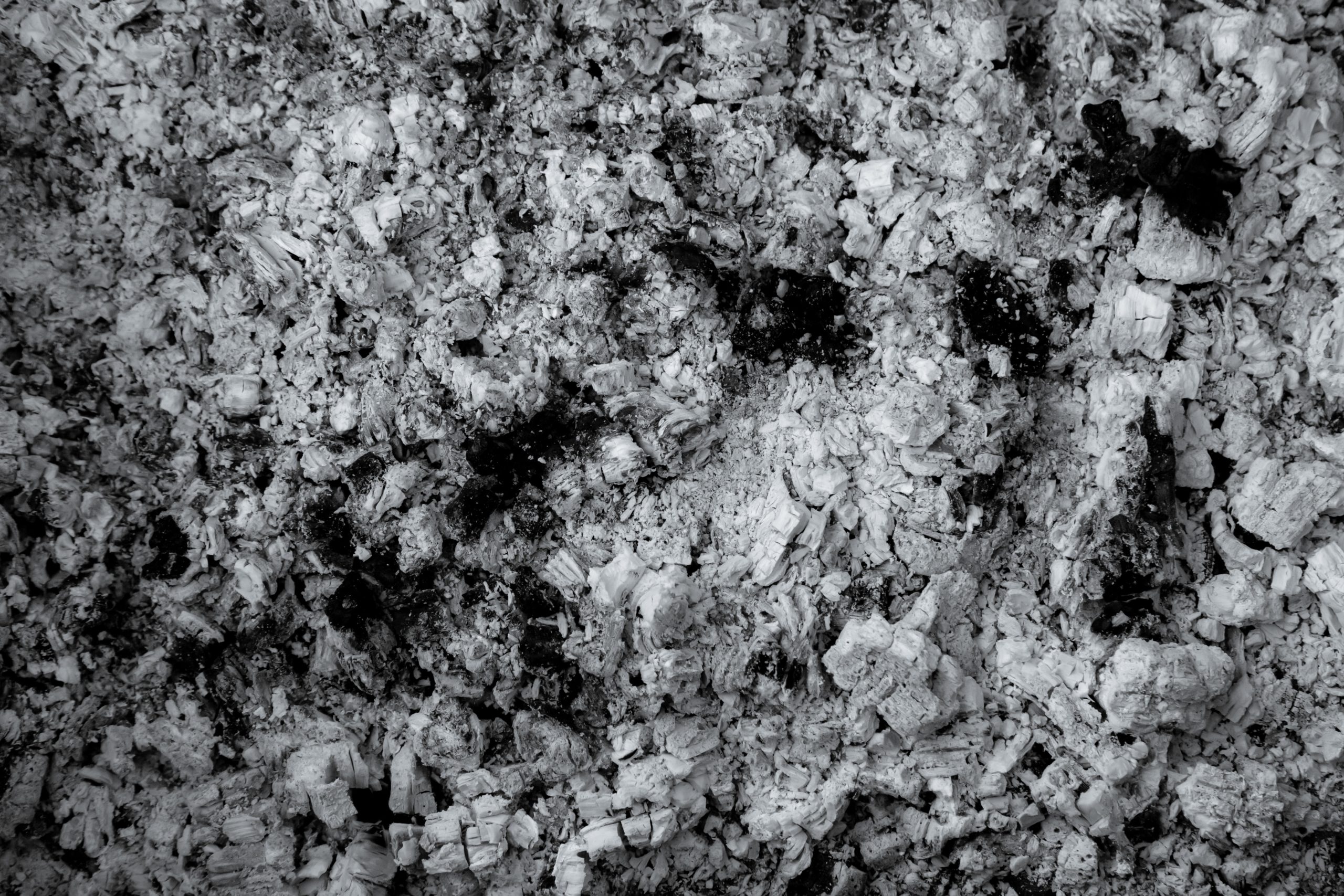As you have probably heard, songwriter John Prine died last week, of COVID-19. He was a Nashville treasure–the kind of songwriters whom other songwriters revere.
I was listening to John Prine’s Tiny Desk concert a few days ago, and he said something that revealed a lot about his approach to writing and to the world. Speaking of his frequent songwriting partner Pat McLaughlin, he said,
We usually write on Tuesdays in Nashville, because that’s the day they make meatloaf. And I love meatloaf. So it’s kind of our carrot on the end of the stick. We get together early in the morning, try to write a song before they start serving the meatloaf. Then, after lunch, we come back and record the song.
I love that workmanlike approach to writing. There’s nothing precious about it. Just two brilliant songwriters tending to their business, then going to get some meatloaf. On the one hand, John Prine didn’t take the process too seriously. On the other hand, he took it seriously enough to carve out space to do the work.
On the Tuesday morning in question, the carving-out of the work resulted in the beautiful, haunting song “Summer’s End.” Which is to say, the path to brilliance is mundane, workmanlike, meatloafy. May we all still be writing such great stuff when we’re in our seventies.
John Prine wrote exquisite songs about earthy pleasures and earthy pains and earthy people, and so dignified them. I don’t know that he ever wrote a song about meatloaf, but if he had, you would appreciate meatloaf like you never did before.
“It’s a big old goofy world,” John Prine said, and yet it’s a world worth loving for all that. One of the things I love about his work is that he was almost always funny, but he was never just funny. He wrote a song called “Space Monkey” that in summary sounds exactly like a novelty song: A monkey is sent into orbit by the Soviet Union during the Space Race but then gets lost in outer space. Forty years later later he finally makes his home, expecting the Soviets to throw him a big parade. What he doesn’t know is that the Soviet Union has collapsed, and there will be no parade. I told you it sounded like a novelty song. And yet there’s a surprising pathos about it.
It’s been four decades now. That’s nine monkey years.
That’s a long time for a space monkey to confront all his fears.
And then,
Space Monkey, Space Monkey,
It’s time to get real.
The space race is over. How does it feel?
Cold War’s had a heatwave, Iron Curtain’s torn down
They’ve rolled up the carpet in Space Monkey townNow Leningrad is Petersburg and Petersburg’s hell
For a card-carrying monkey with a story to tell.
Well, maybe that still sounds like a novelty song, written out that way. But when John Prine sang it, even as he chuckled at his own absurdity, it carried more emotional cargo than you’d think possible.
In the last week there have been all sorts of remembrances of John Prine that speak of songs that are much better than “Space Monkey” (“Hello in There,” “Angel from Montgomery,” “Sam Stone,” and “Paradise” come to mind). I mention “Space Monkey” just to say that even John Prine’s less-than-great songs are still pretty great.
One Last Bit of Wisdom from John Prine
In the last couple of decades of his life, John Prine had some serious health problems. In the 90s, a surgery to remove a cancerous growth on his neck disfigured his face and permanently changed his voice. In 2013, he underwent surgery for lung cancer. He told a New York Times interviewer that those two life-threatening sicknesses changed his relationship to his songs: “Before I just sang them,” he said. “Now I hear them.”
That’s a bit of the wisdom I’m going to try to take from John Prine. Whether you’re a songwriter or a poet or a fiction-writer or an essayist, your writing self is a little wiser and a little more perceptive and a little thoughtful than your normal self. That wisdom and perception and thoughtfulness isn’t just for other people. It’s for you too. May we all learn to hear our own songs and read our own stories.









Claire Holley
Love knowing that about Prine and the meatloaf, Jonathan! These are wonderful, concrete reminders of helpful habits for getting the work done.